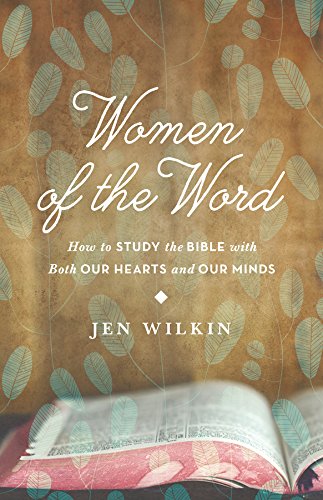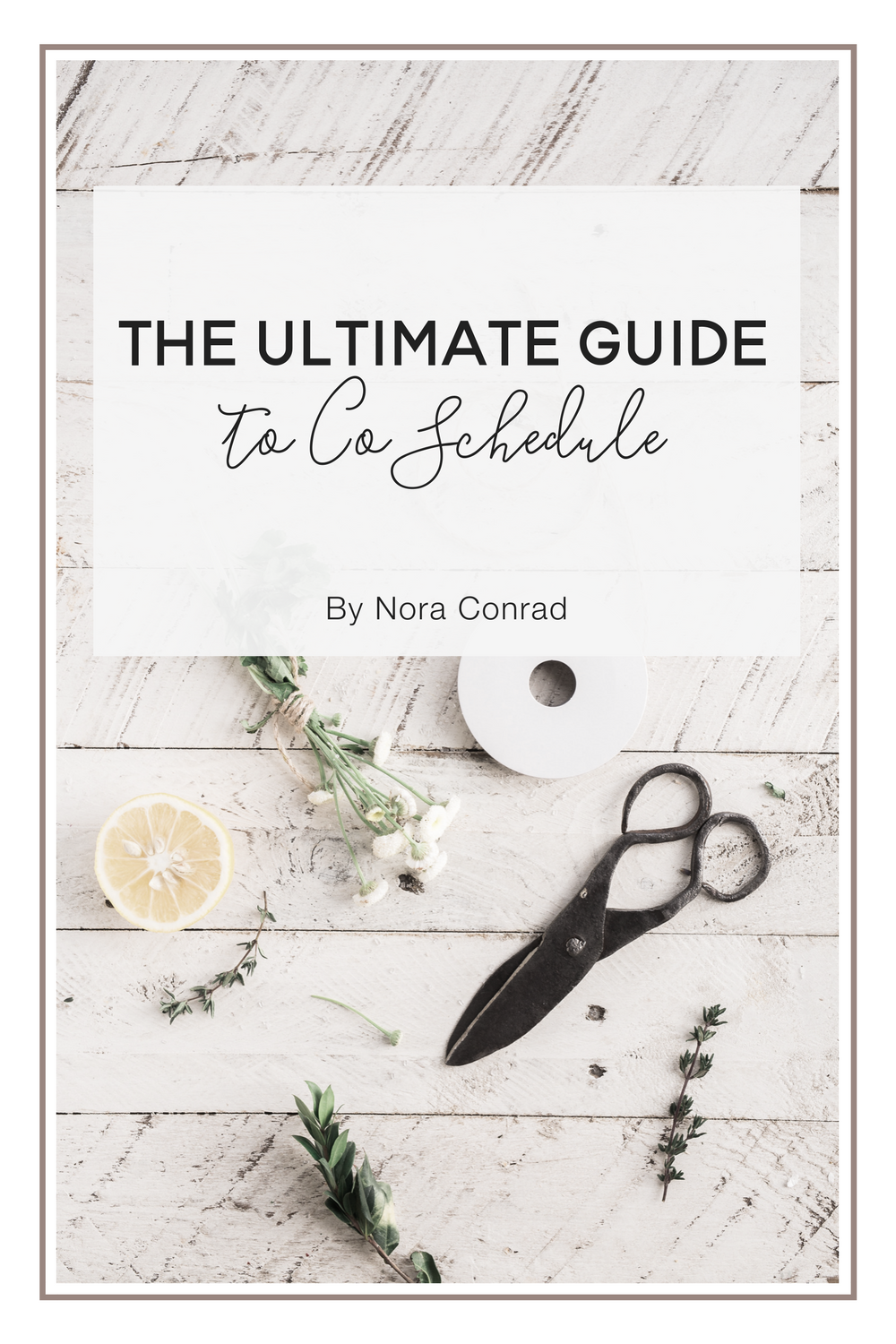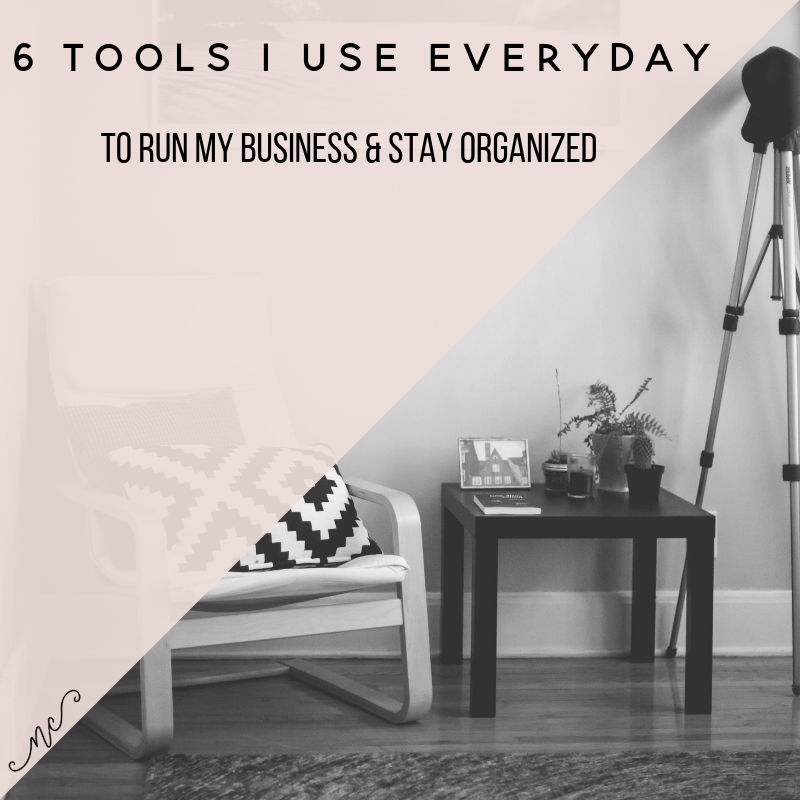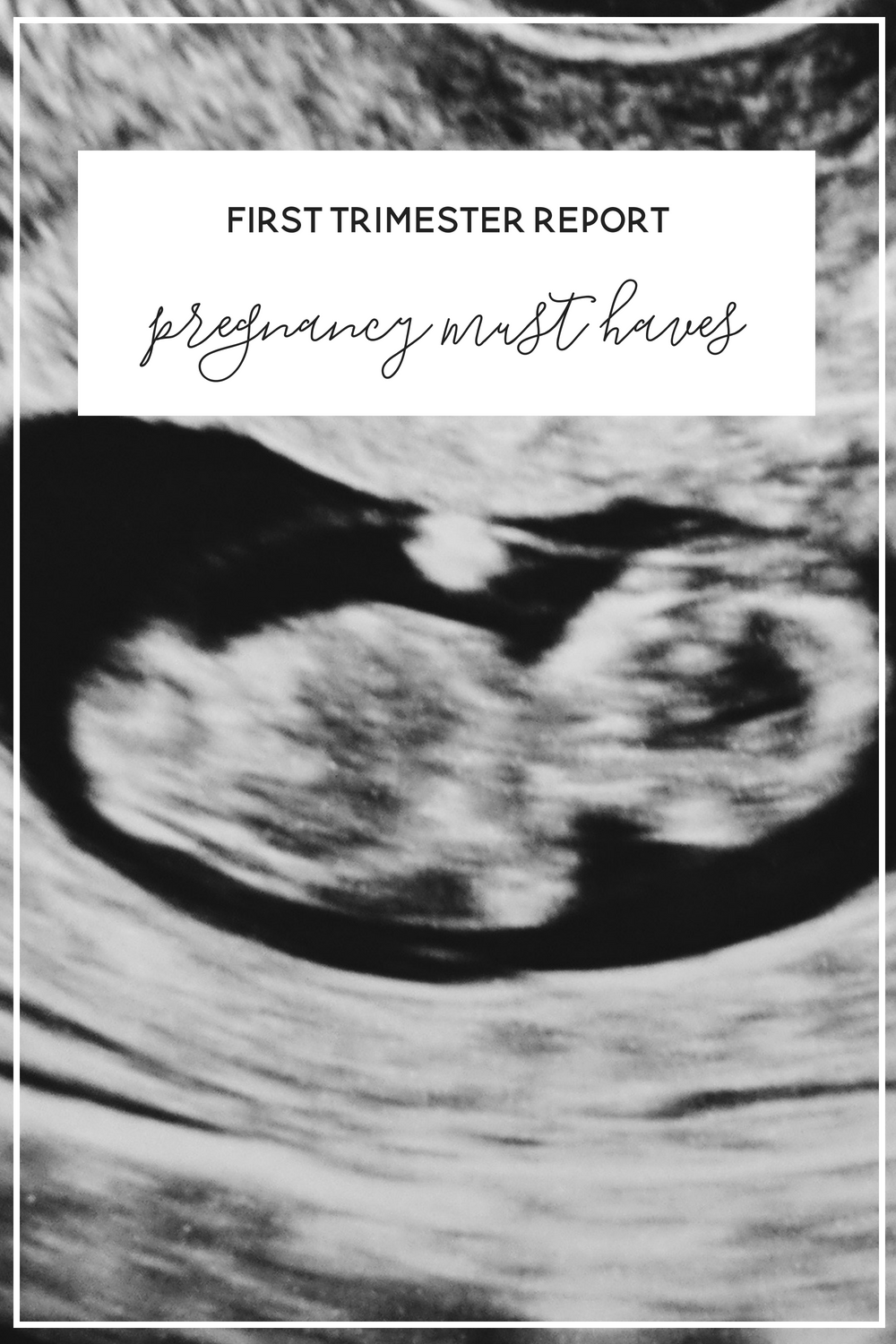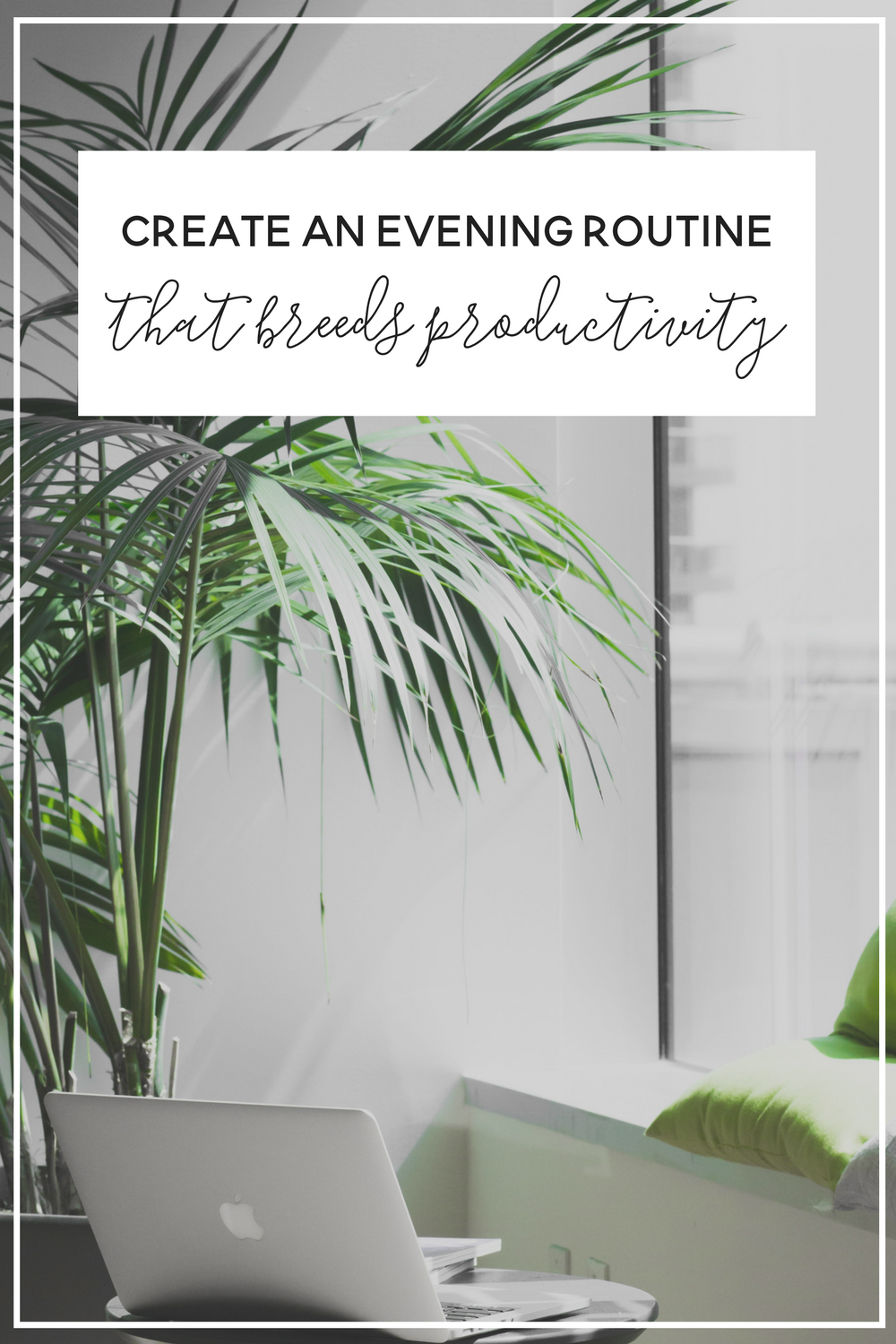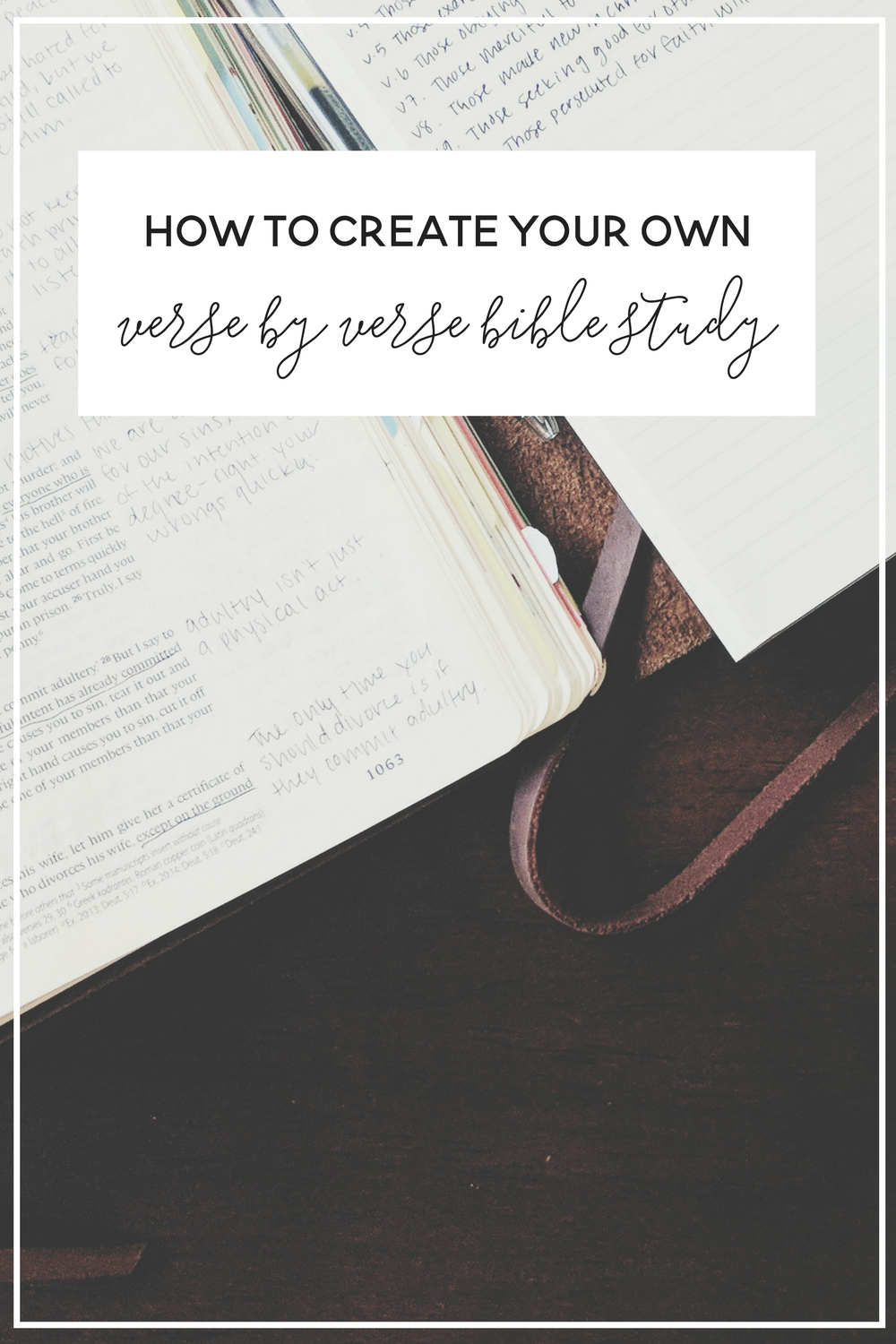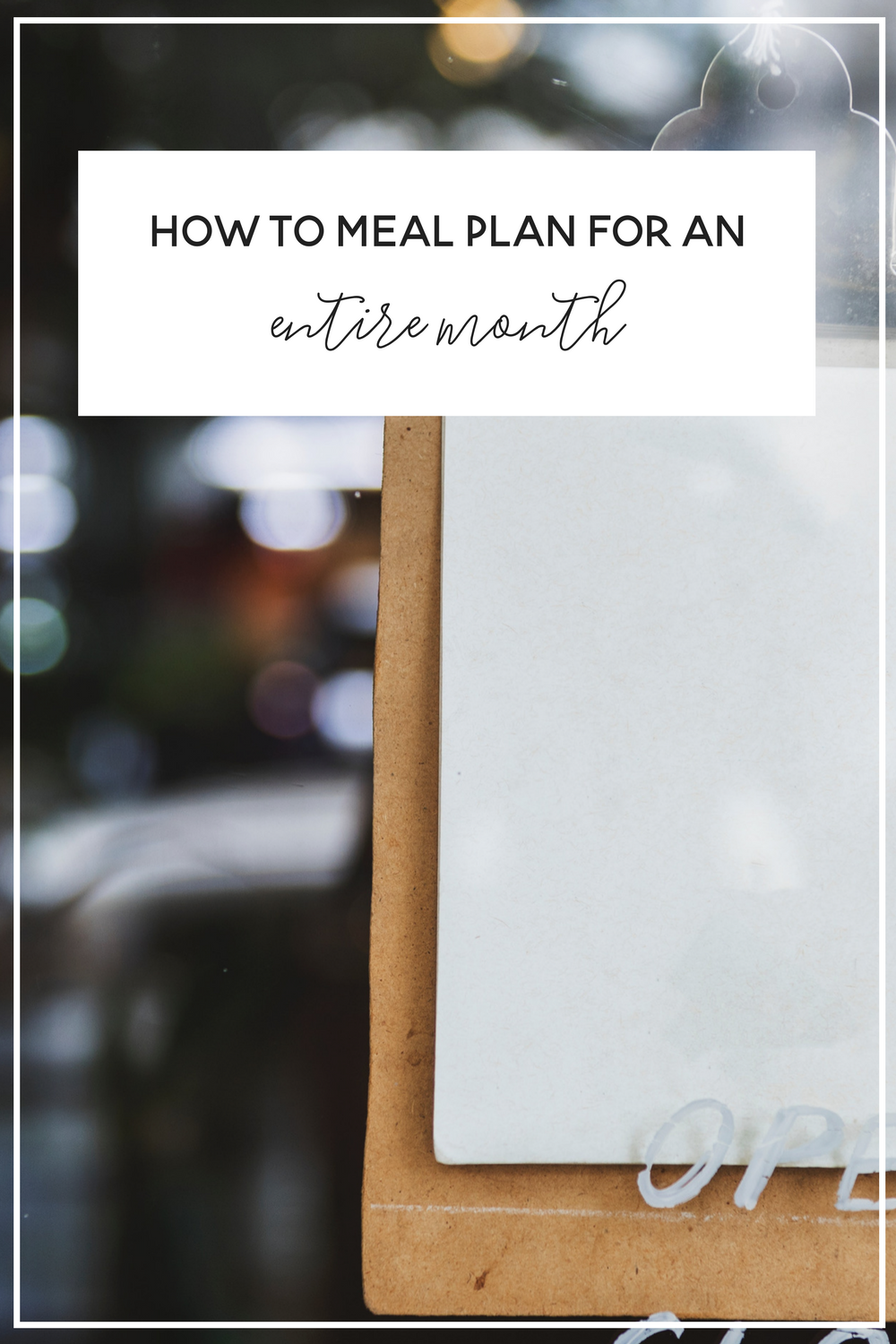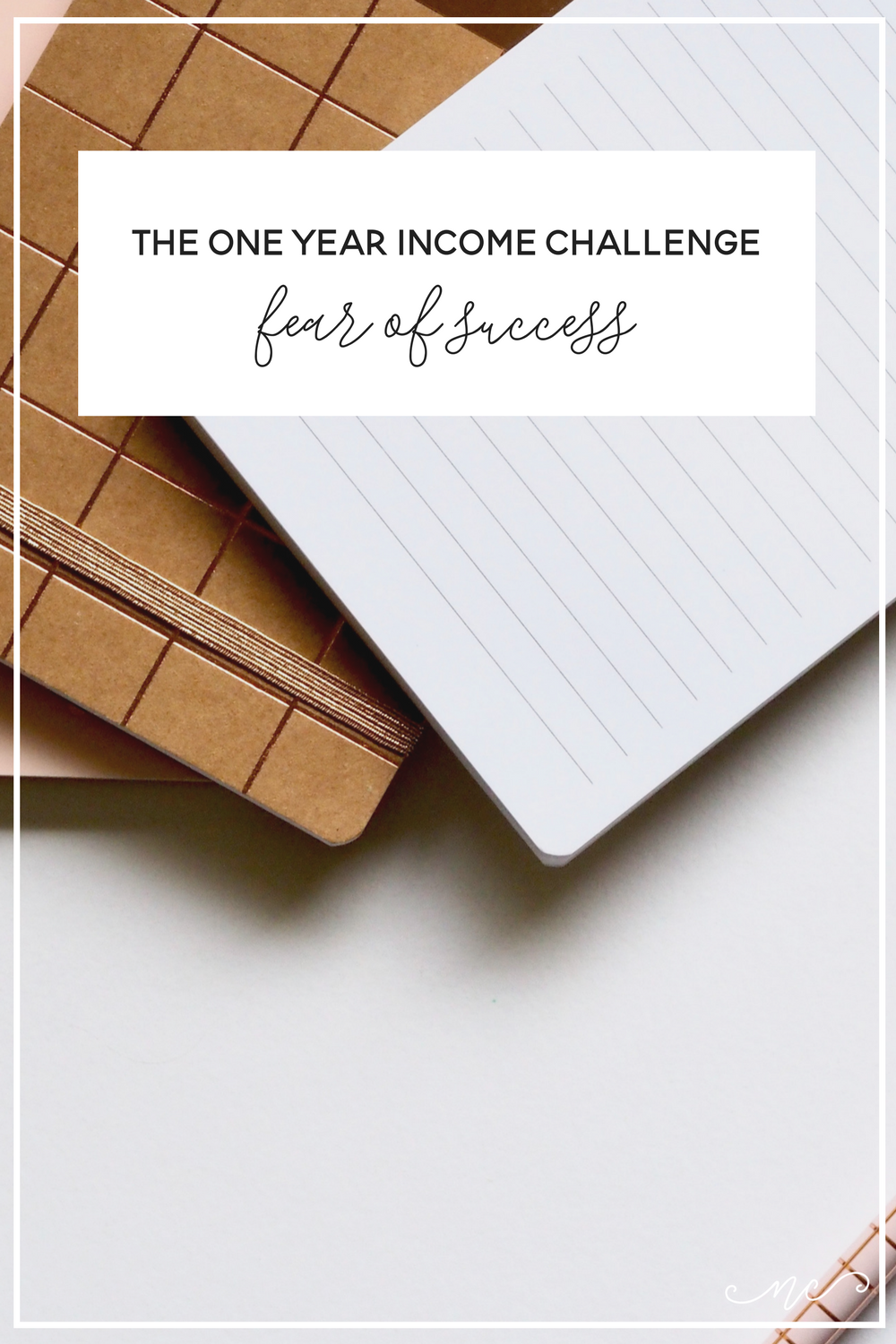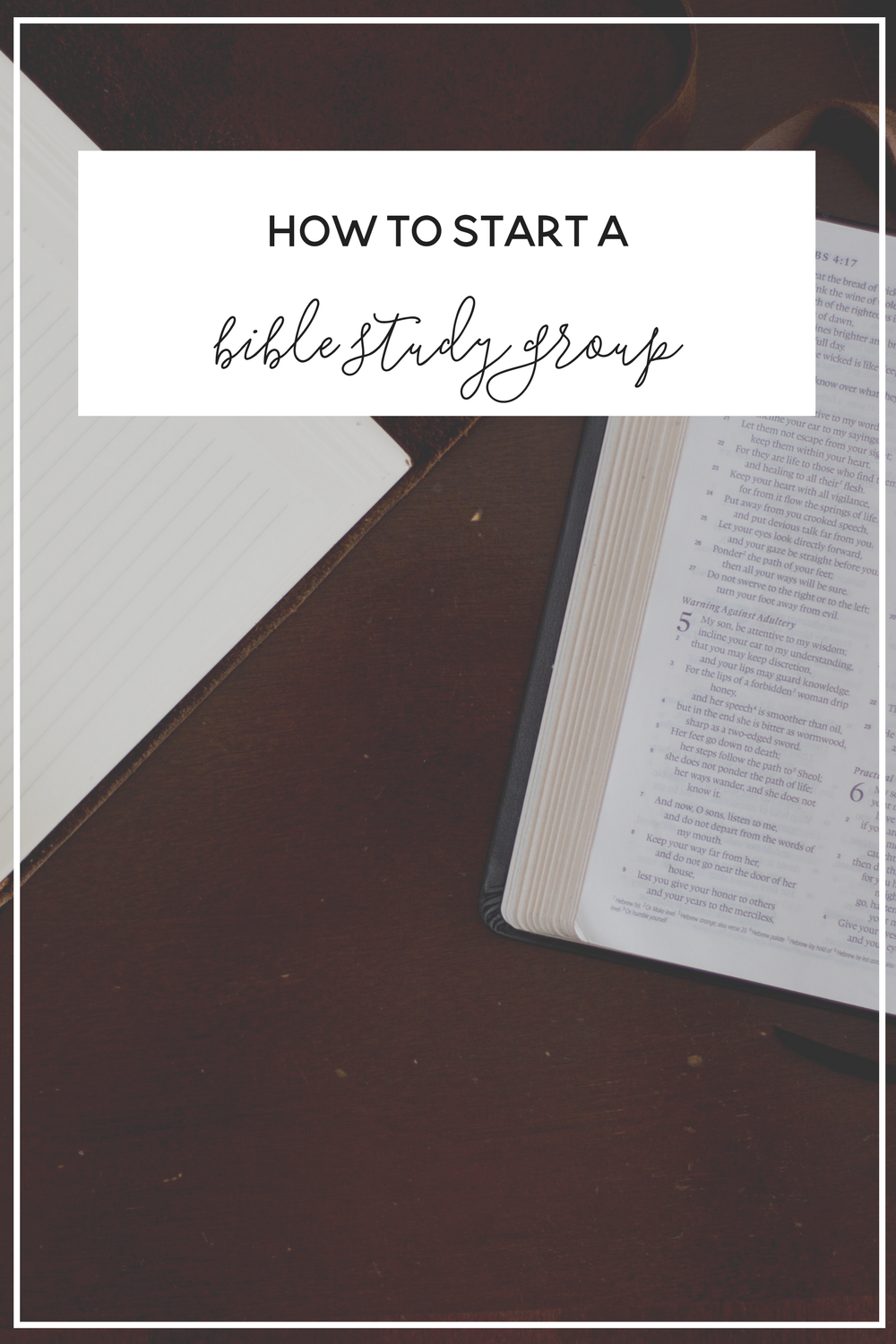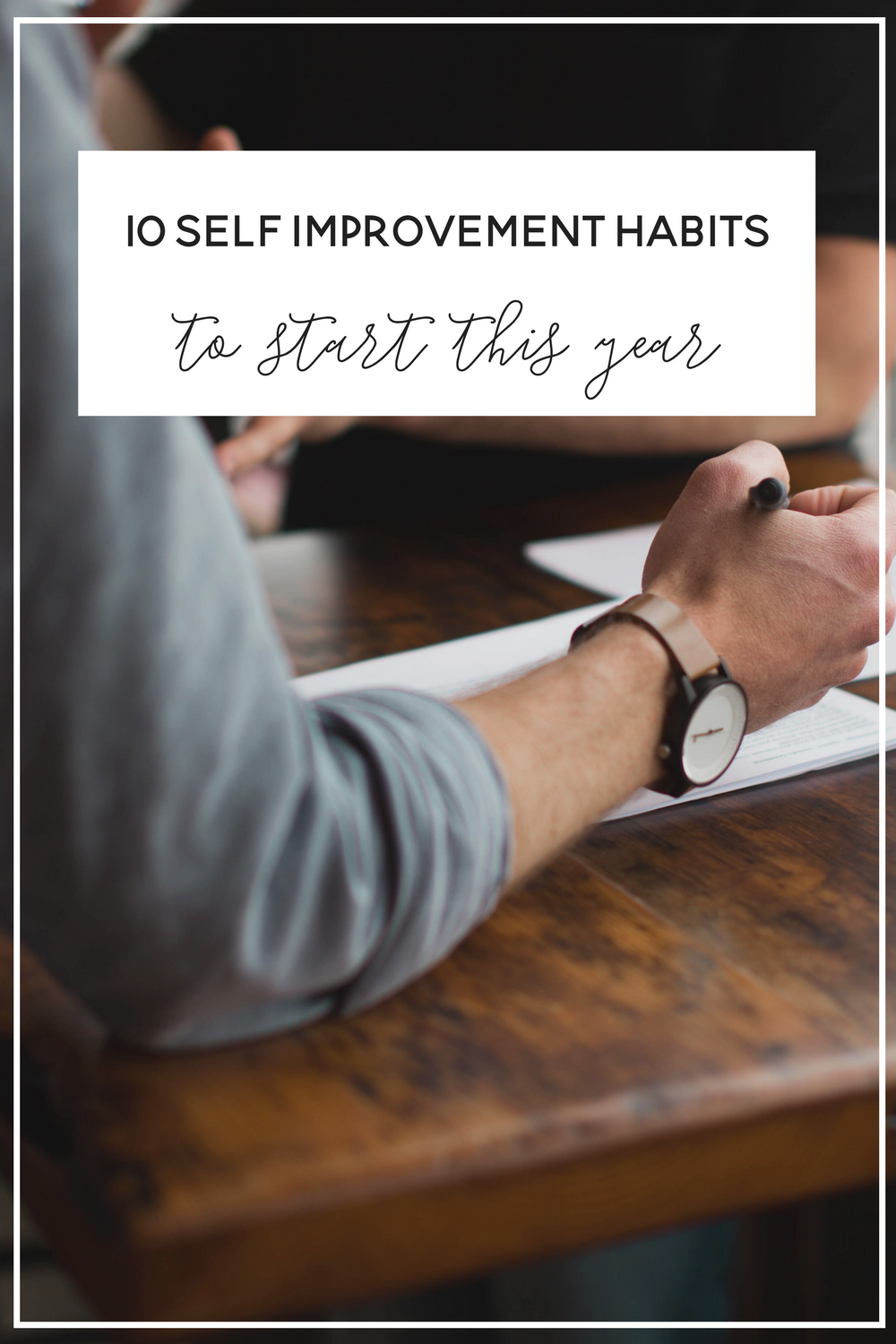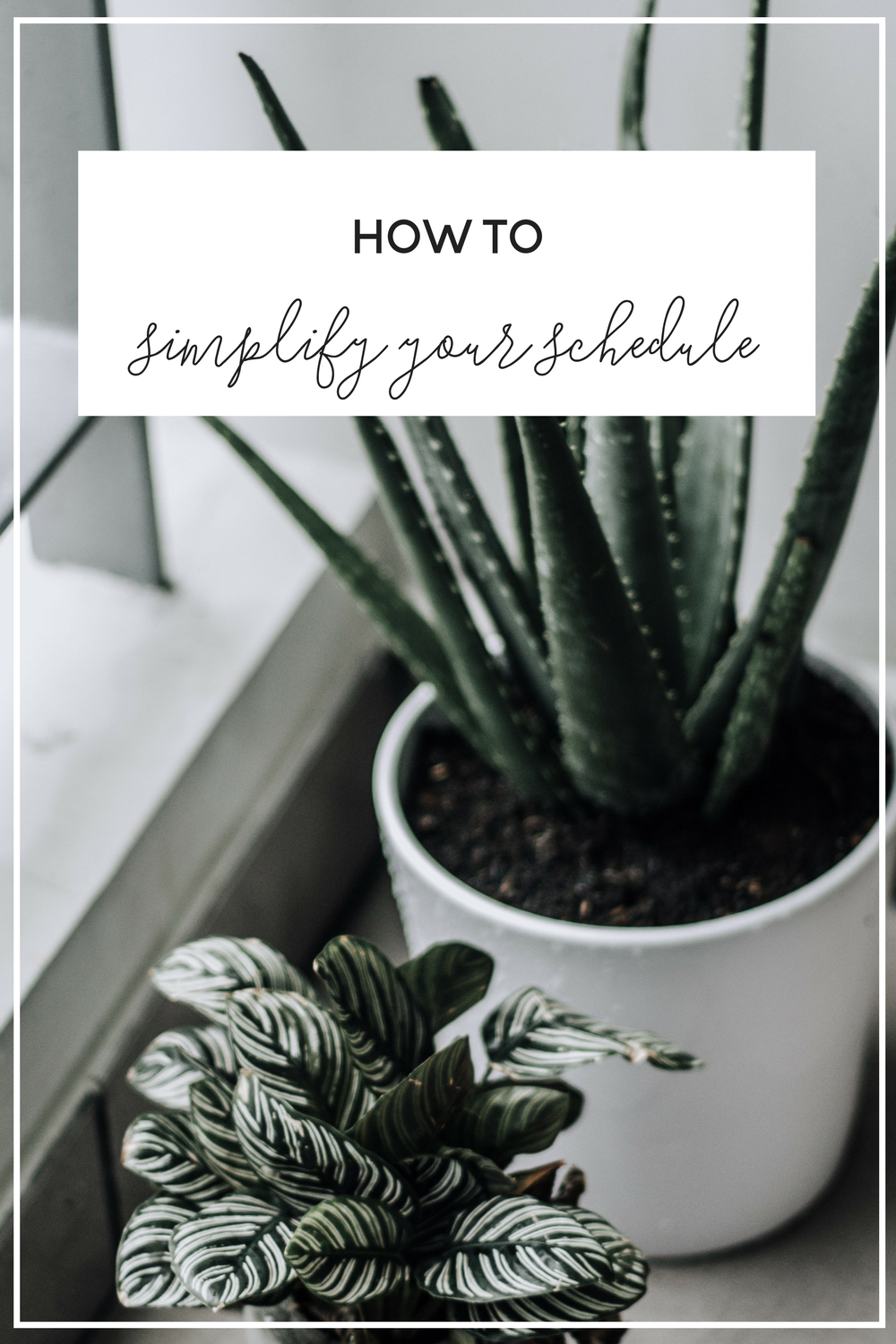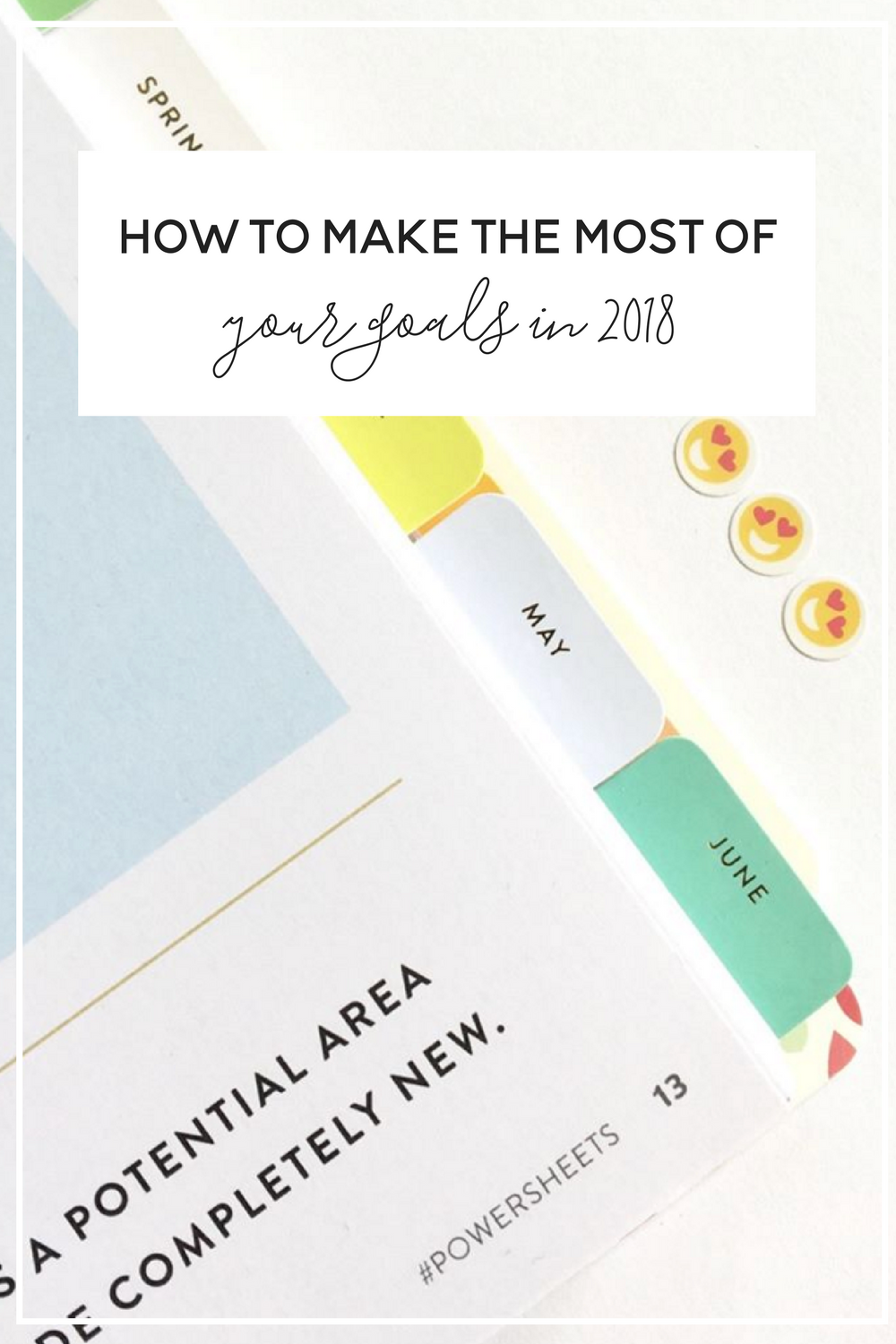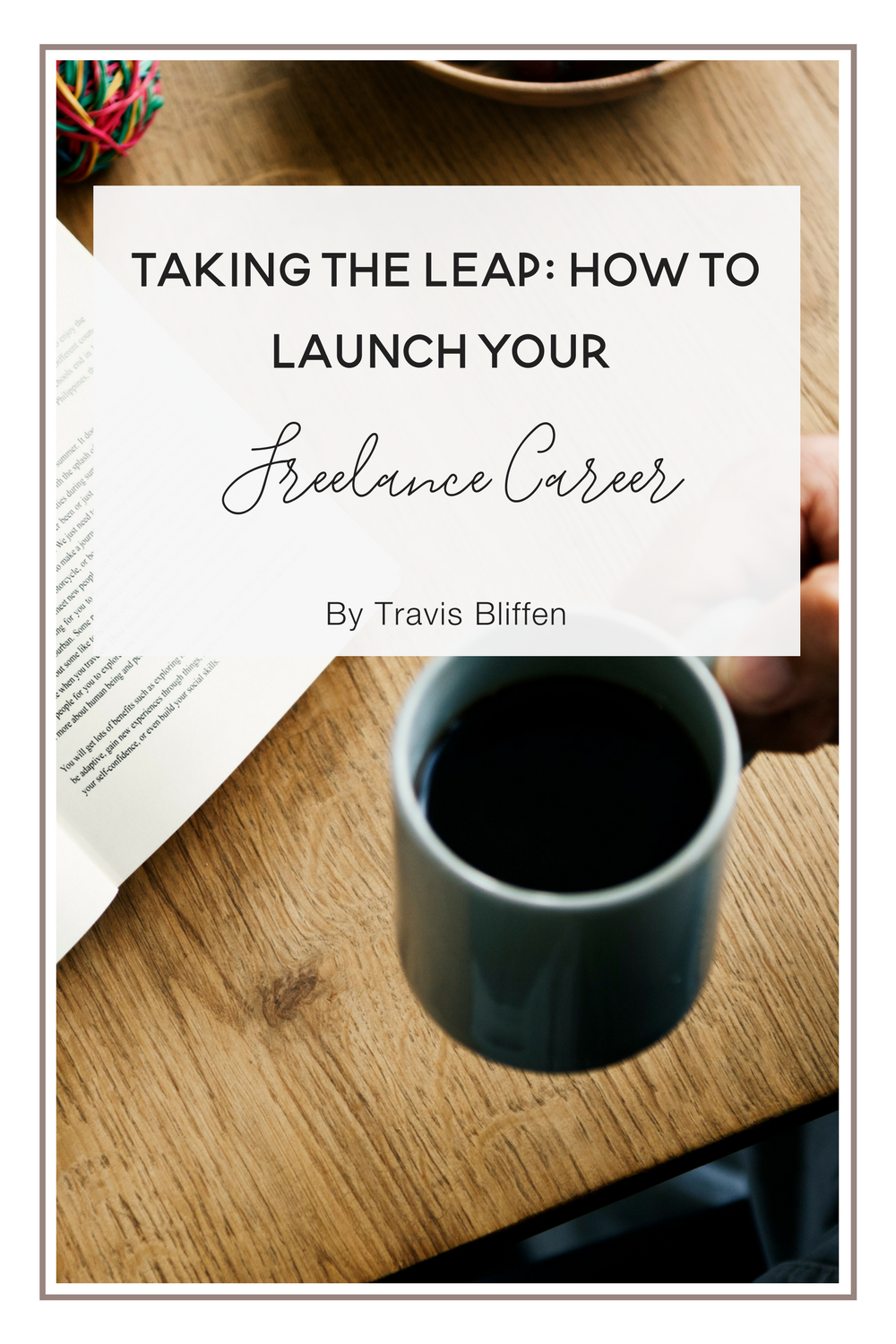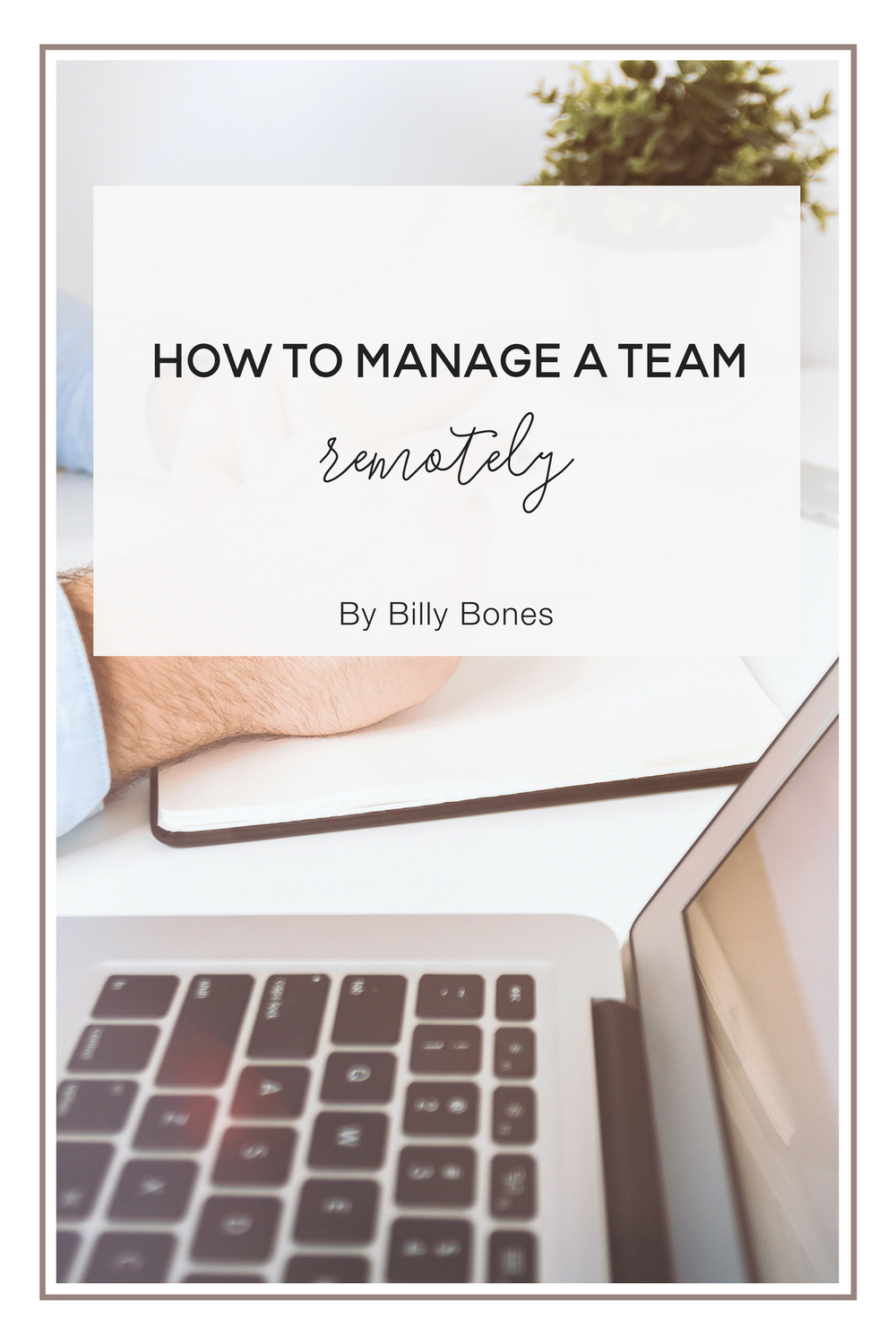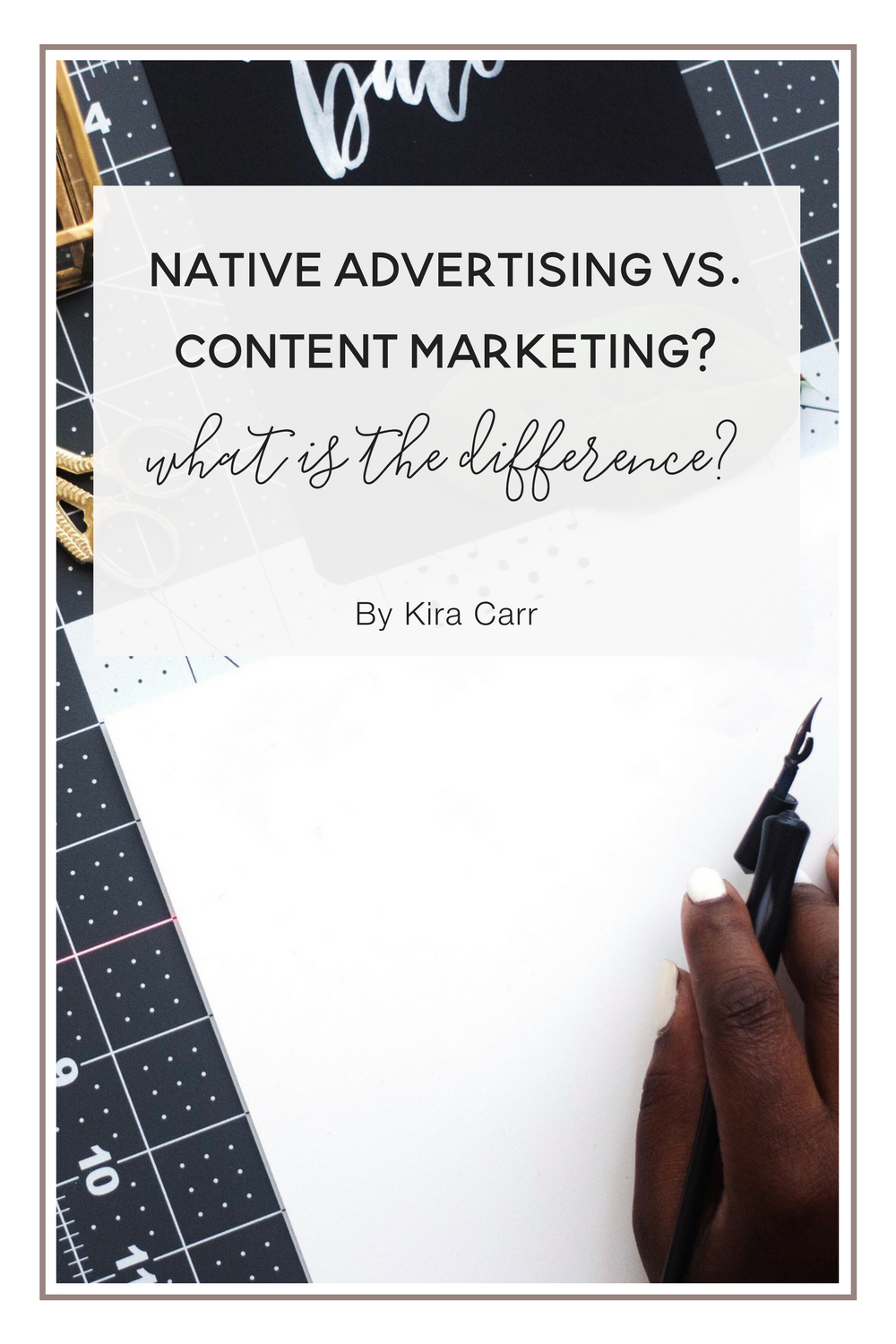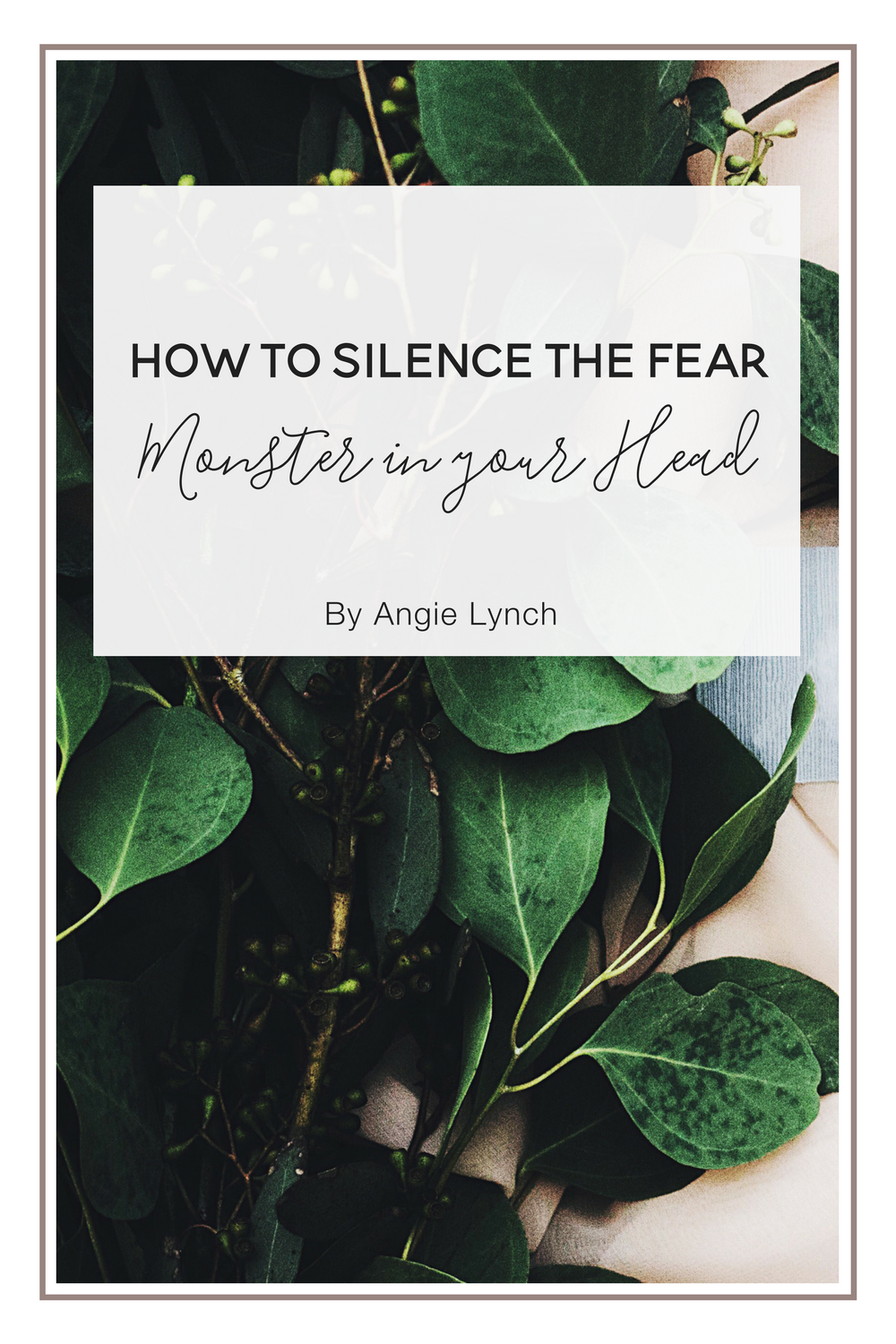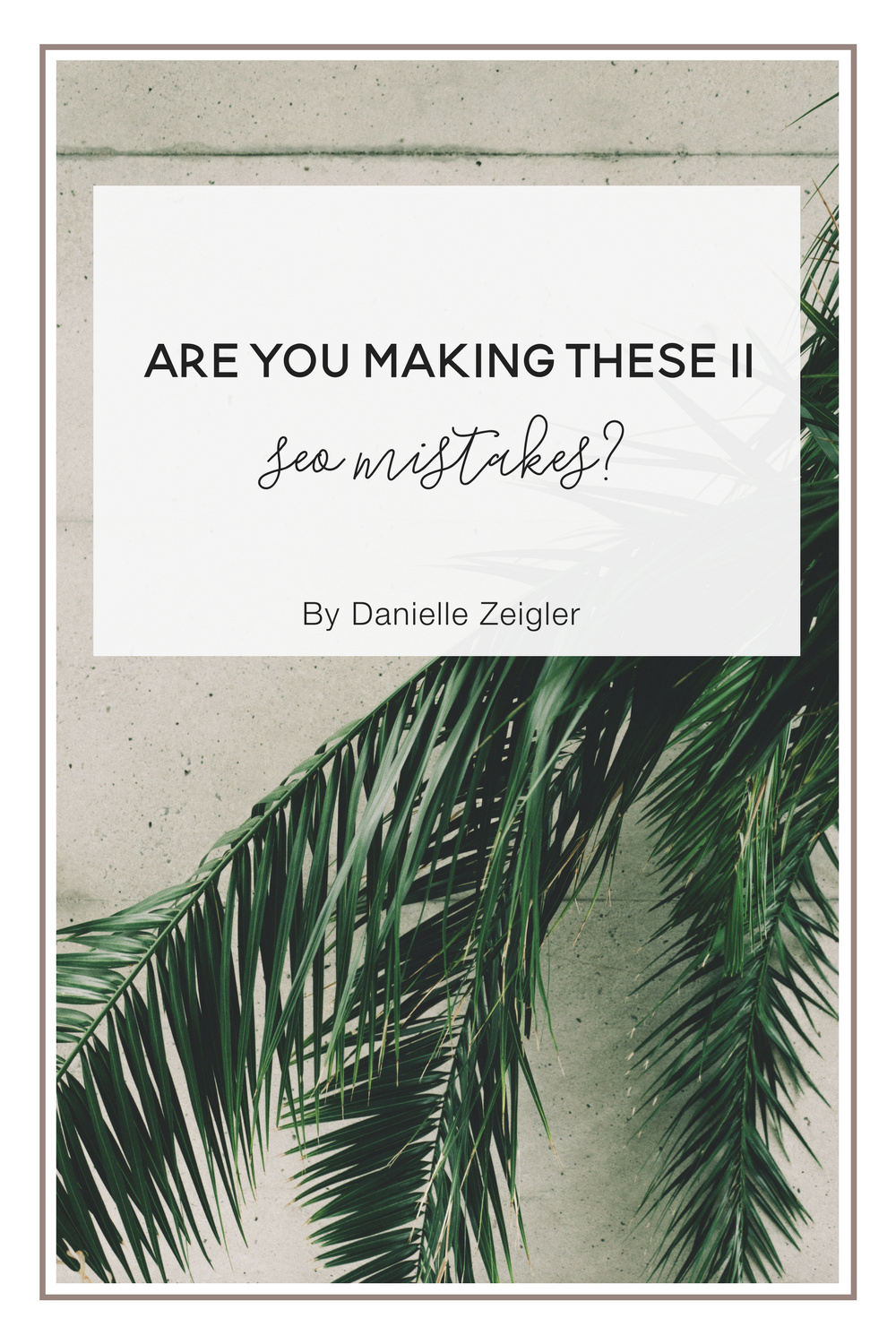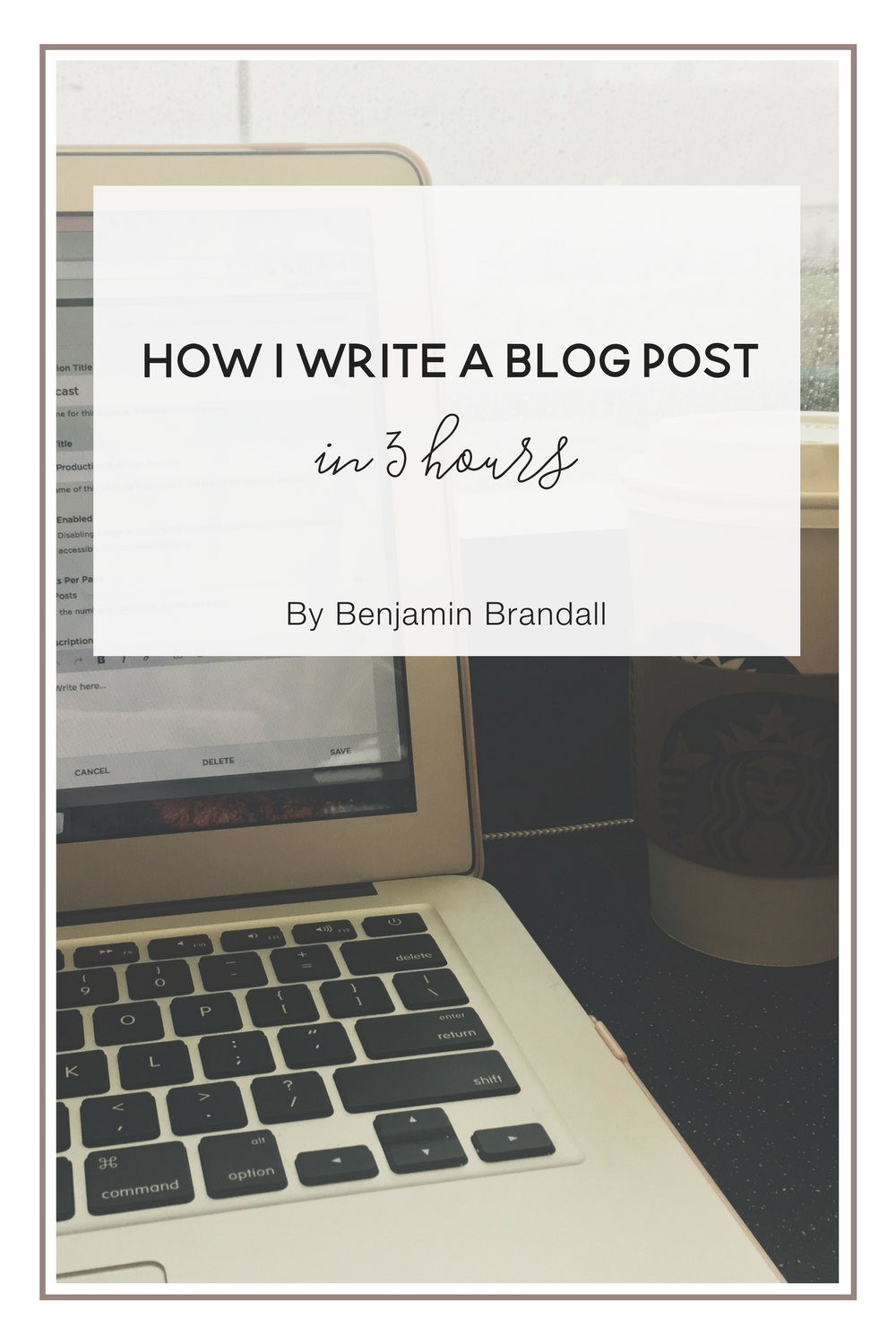How to Create Your Own Verse-by-Verse Bible Study
Last year I put up my very first bible study video where I took you through my bible verse-by-verse and broke down each sentence on video. Since then I've gotten countless emails, comments and messages asking for me to post more.
While I LOVE making these, they take awhile to film and frankly I just don't have as much time as I used to. But, I thought I could do one better - if you teach a man to fish... So today I'm going to give you all the resources and tools you need to be able to create your own verse by verse bible study just like I do on my videos. (If you haven't seen my videos yet, I'll link to them all at the end of this post).
01. Get the right Resources
Before you jump into a new study, having the right resources is important. You don't need fancy tools or apps to dig into the Bible, but there are a few things that can help you to get a basic understanding and enjoy your study time a bit more.
Finding a bible you love
Personally, I prefer to read a couple different versions of the text that I'm studying before jumping into the verse-by-verse breakdown. To do this, I have three Bibles here at home that I use. The ESV Journalling Bible by Crossway (this is where I take most of the notes during my studies), the She Reads Truth CSB Bible, and the NKJV Study Bible. These three Bibles provide space to write, historical context, commentaries and three different versions of the same text.
You don't need to have three physical versions to do this. You can use Bible.com and read the different versions online as well.
Finding one Bible that you'll use in your study is key. Whether it's a free Bible from a local church or a $500 legacy Bible is completely up to you. Just use something you'd be comfortable with taking notes in and getting a little bit messy. A Bible that's falling apart is usually owned by someone who isn't.
If you're a little confused about what Bible translation or version you should use, I'd recommend starting with whatever Bible your church uses. Beyond that, though, I recommend research different versions and figuring out what text you enjoy reading, studying and praying in. I prefer to read the CSB because it reads a bit more like natural English, but I study with NKJV and ESV because some of the translations help me dig deeper into the text. Do you own research and find what fits best for you.
Deciding what to study
You can open up to a random page and start there, but I'd recommend starting out with something simple. Most people know the Christmas story or they've read Genesis 1 more than they can count. I'd recommend starting your verse-by-verse study with something familiar. This is partly because knowing the basics of the story make the first step of understanding the text a little easy. Also, digging deeper into a story you already know, is a great way to see how much you might miss when you simply read the Bible verses study it.
As a starting point, I recommend some of these stories:
- The Birth of Jesus - Luke 2:1-7
- Jesus Walks on Water - Matthew 14:22-32
- A Woman who Fears the Lord - Proverbs 31: 10-31
- The Fall of Man - Genesis 3:1-19
As you get more comfortable with this, you can start to move into larger stories or even entire chapters:
- David & Goliath - 1 Samuel 17
- Ruth 1-4
- Esther 1-10
- Psalm 139
- Psalm 23
Once you get the hang of this way of studying, you can apply it to any verse or story. If you need some ideas for Bible studies, check with your church, If:Gathering, She Reads Truth and Bible.com for some ideas.
02. Read and Understand
Before you get into studying the word, you should read it. I recommend at least three times. I like to read the passage in a few different versions to get a good understanding of the text. First I read through it normally, usually in CSB. Then I read it out loud and slowly, usually in the NKJV and finally, I'll read it again as if I were reading it to someone else, usually in ESV.
If there are any words I don't understand or parts I want to dig in further, I highlight them in a pale color to come back to later. Once I've gotten a basic understanding of the passage, it's time to research the context, cross-references and other bits of information.
03. Do Some Research
I think it's important to start your study with your own understanding of the text. After I've read the passage in a few different versions, I'll grab my notebook and jot down some initial ideas. I don't usually follow any format at this point, but you can if that helps you structure your ideas. Sometimes my notes turn into a prayer, sometimes it's just simple observations, or maybe definitions of some words in the passage.
The idea here is to get your own ideas and understanding written down first. After you've thought about the text on your own, then you can move on to outside sources and references to help you dig into the word a bit more.
If you're studying a specific book or story, I'd also recommend seeing if The Bible Project has a video on it. Their content is AMAZING and it can help you get a big-picture understanding of the Bible as a whole.
Cross References
The next piece I like to look at is cross-referencing. These are other verses in the Bible that relate to the same idea, person or parable of the verse you're studying. Cross-referencing verses in your Bible over time, helps you to build a better understanding of the Bible as a complete story. Doing this can help you spot patterns and truths that carry throughout the Bible.
You can use a website like BlueLetterBible, BibleHub or a study bible to help you with this.
Commentaries / Devotionals
Keep in mind that not all commentaries are made equal. Commentaries are opinions of other people who have read the same passage as you, and while they can help you think about the scripture in new ways, be sure to research the ideas posed in these resources for yourself. There are a ton of commentary resources online, personally, I like BibleStudyTools, SheReadsTruth, and The ESV Daily Devotional.
Historical Context
This piece is often skipped and I really believe this might be one of the most important parts of expanding your Bible study. The Bible is a historical book, and to fully understand the language, culture, and parables, you need to understand what the cultural landscape looked like during the time it was written. I love the She Reads Truth Bible for this. At the beginning of each chapter, there's a blurb about the context of the passage.
If you want to better understand how important historical context is to your studies, I HIGHLY recommend this awesome podcast that breaks it down incredibly well.
04. Continue To Learn
You won't read the Bible and suddenly know everything there is to know about Christianity. Discipleship is a lifelong process and it involves continuously learning, growing and sharing your faith. There are hundreds of thousands of resources out there for you to continue to learn about Jesus and Christianity. I love these books for learning how to read and study the bible...
Reading books about studying the Bible can obviously be helpful, but reading books with Christian topics can also offer great insights. Personally I love Jennie Allen, Emily Ley, Lara Casey and Jen Wilkin. If you're short on cash, I'd recommend the Libby app, you can borrow Audiobooks and eBooks from local libraries all within the app.
Other great resources can be found on YouTube. I love the Bible Project, Jordan Lee Dooley, If: Gathering and Flatirons Community Church. They all have great content that will help you dig into your Bible and see the stories through fresh eyes.
Simply listening to online sermons from churches around the country can also be a great way to expand your knowledge and hear some great speakers talk about the word. Personally I love my church, Flatirons, but here are some other great churches that I listen to regularly.
Of course, watching verse by verse study videos can help you get started too (shameless plug), you can watch mine below:
[youtube=://www.youtube.com/watch?v=Bv-IMqnsqds&w=854&h=480]



